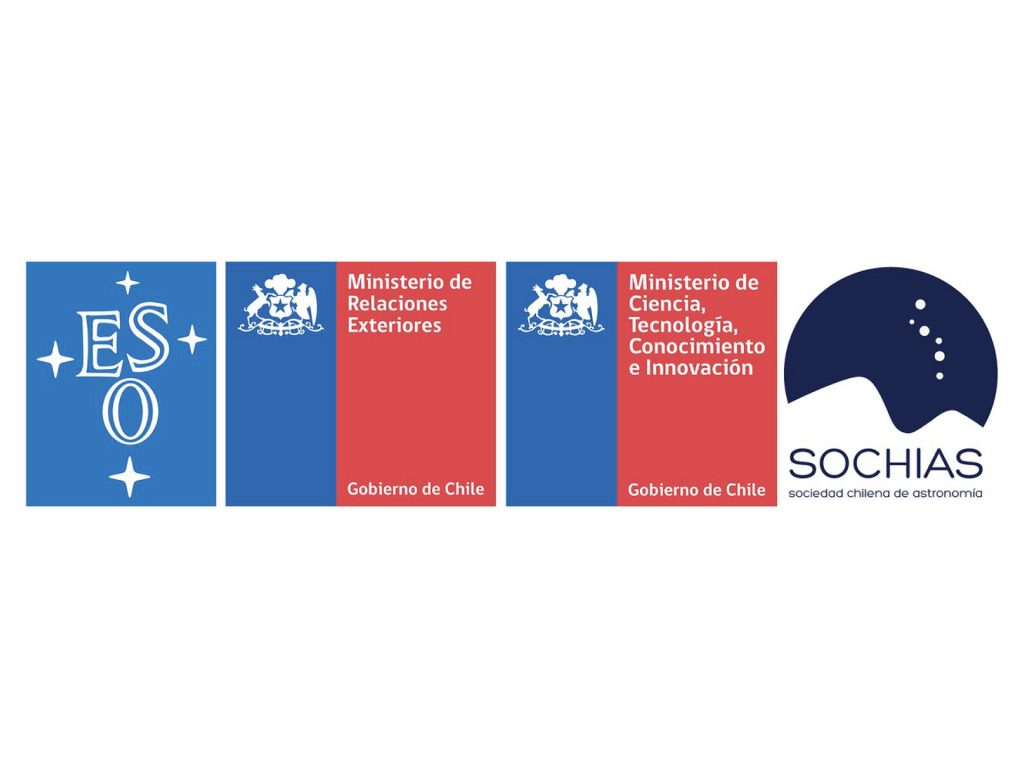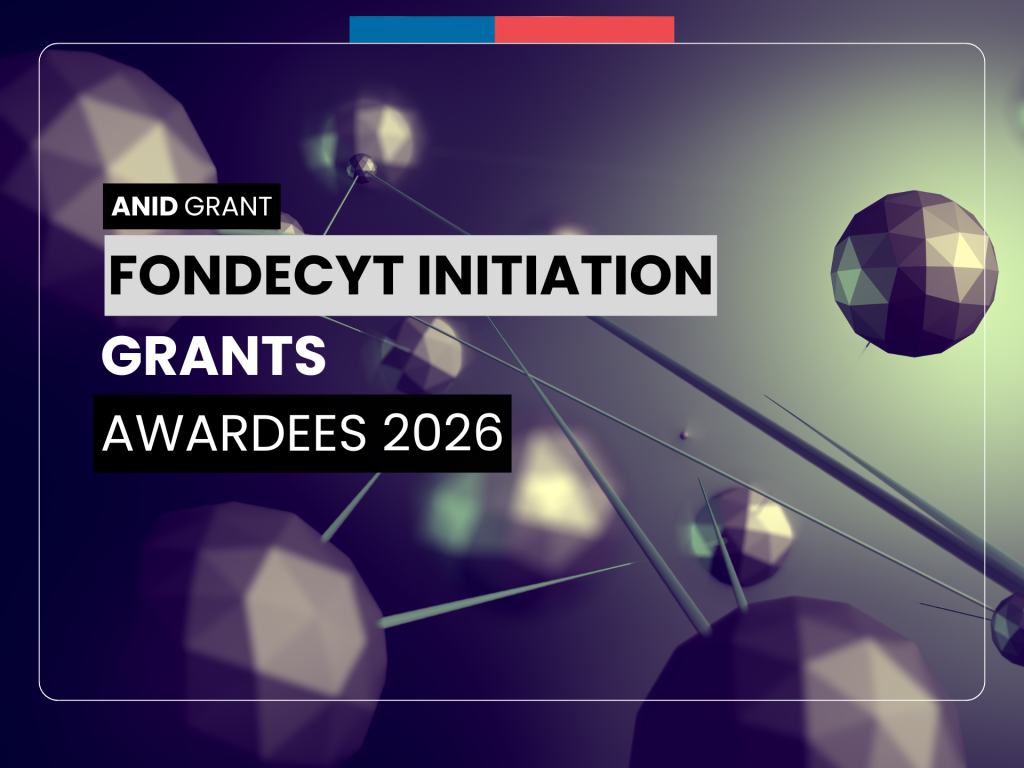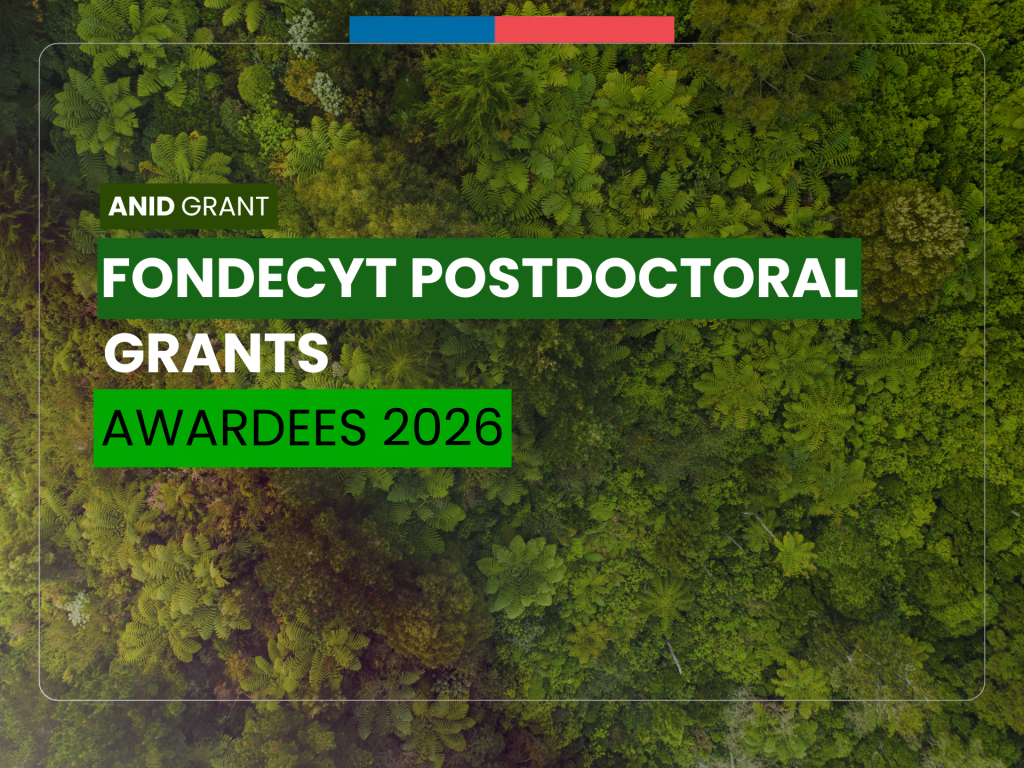
Isabel Hilliger
Isabel Hilliger, a professor at the UC School of Engineering, along with academics from Tecnológico de Monterrey and the Universidad Austral de Argentina, has been awarded the project “Comparing the causes of dropout between Higher Education Institutions in Mexico, Chile, and Argentina using Explainable AI” in the latest call for proposals under the Hemispheric University Consortium (HUC) Seed Fund program.
This initiative aims to tackle one of the most complex challenges facing higher education institutions: identifying and preventing the risk of student dropout. To achieve this, the project will develop new predictive models and algorithms based on the latest advances in Explainable Artificial Intelligence (XAI). This methodology will enable the creation of transparent and understandable models for decision-makers, facilitating the design of strategies at both the institutional level and for individual interventions when necessary.
Additionally, the collaborative component of the project will allow for a better understanding of the similarities and differences among the three participating institutions, identify specific characteristics of the dropout phenomenon in each region, and propose common strategies to minimize this issue in Latin American higher education institutions.


